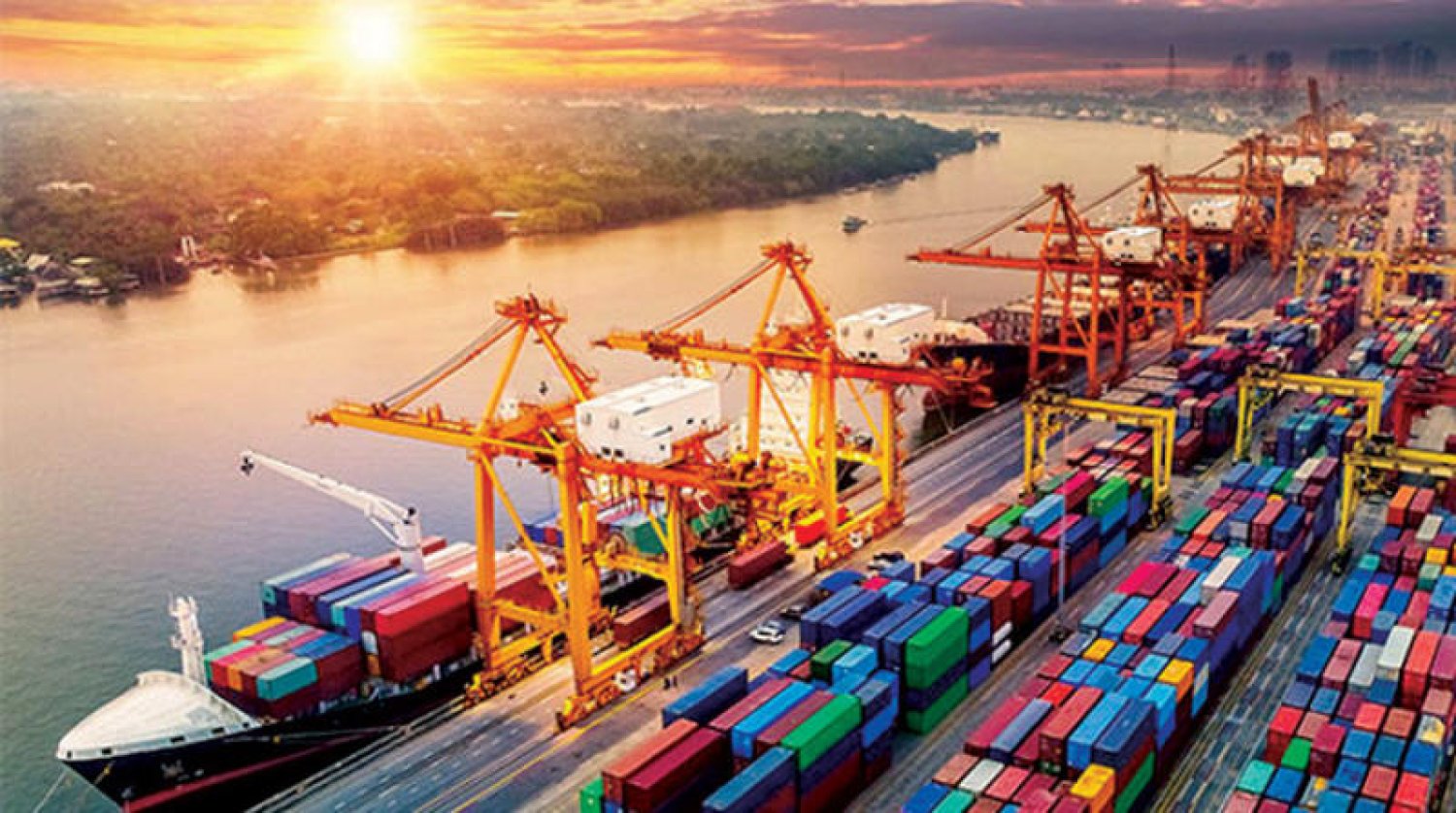Navigating Customs Clearance in Egypt: A Comprehensive Guide

Customs clearance in Egypt can be a complex process, but with careful planning and adherence to regulations, it can be streamlined efficiently. Understanding the customs procedures and requirements is crucial for businesses importing goods into Egypt. This article will provide a comprehensive overview of the customs clearance process in Egypt and offer valuable tips to ensure smooth and timely clearance of your shipments.
Key Customs Procedures in Egypt
- Pre-Shipment Inspection:
- Some goods, particularly industrial products and consumer goods, may require pre-shipment inspection by a designated inspection agency. This inspection ensures that the goods meet quality and safety standards.
- Import License:
- Depending on the nature of the goods, an import license may be required. This license is issued by the relevant government authority and specifies the quantity, value, and type of goods allowed for import.
- Customs Declaration:
- A detailed customs declaration must be submitted to Egyptian Customs authorities, providing information about the goods, their value, and the importer’s details.
- The declaration must be supported by necessary documentation, such as commercial invoices, packing lists, and bills of lading.
- Physical Examination:
- Customs authorities may conduct physical examinations of goods to verify their nature, quantity, and value.
- This process may involve opening and inspecting packages or containers.
- Payment of Duties and Taxes:
- Importers are responsible for paying customs duties, value-added tax (VAT), and other applicable taxes.
- The amount of duty and taxes payable depends on the type of goods, their value, and the applicable tariff rates.
- Release of Goods:
- Once all customs formalities are completed and the necessary payments are made, the goods will be released from customs and delivered to the importer.
Tips for Smooth Customs Clearance in Egypt
- Appoint a Customs Broker: Hiring a reputable customs broker can significantly streamline the customs clearance process. Customs brokers have the expertise to navigate complex regulations and expedite the clearance process.
- Prepare Accurate Documentation: Ensure that all required documents are accurate, complete, and up-to-date. Any discrepancies or missing documents can delay the clearance process.
- Understand Import Regulations: Stay updated on the latest import regulations and any changes that may affect your shipments.
- Build Strong Relationships with Customs Officials: Maintaining good relationships with customs officials can help facilitate smooth customs clearance.
- Consider Using Free Trade Zones: Egypt has several free trade zones that offer simplified customs procedures and tax benefits.
- Utilize Electronic Customs Systems: Take advantage of Egypt’s electronic customs systems to expedite the clearance process.
- Seek Professional Advice: Consult with legal and logistics experts to get guidance on specific import requirements and challenges.
By following these tips and working closely with experienced customs brokers and logistics providers, you can ensure smooth Customs clearance in Egypt and minimize delays and costs.

